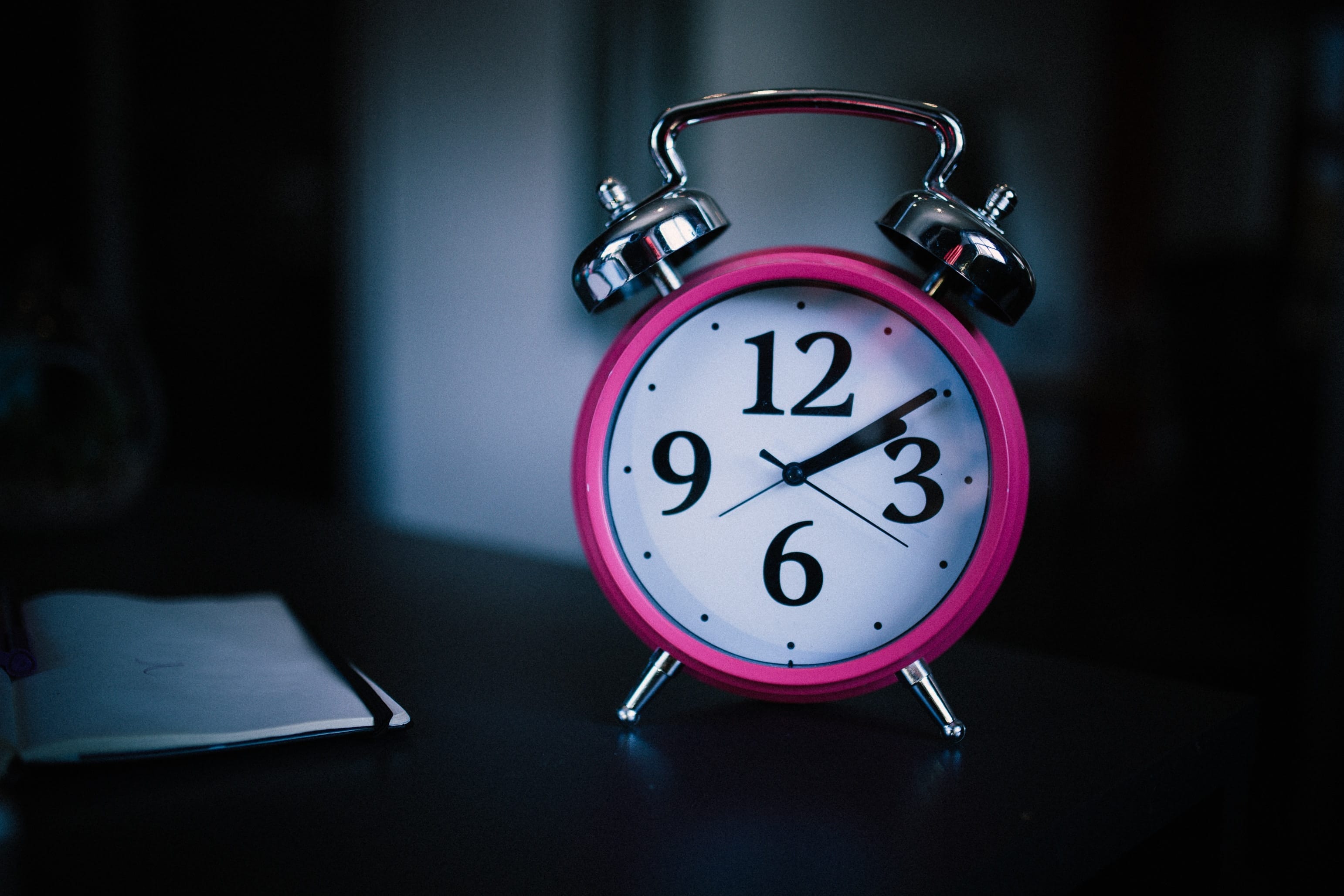When reading about sleep disorders you’re likely to see even figures of authority say that diagnosing and treating these issues is difficult. Why? It comes down to the fact that nobody knows for sure what sleeping is for.
Of course, there are many theories and we know the cycles and stages of sleep, but much of the process remains a mystery.
The importance of research
If we’re going to continue learning about sleep and create medical technology to help sufferers of disorders, scientific research is the answer. The scientific field of study of human sleep and its irregularities is called somnology. It’s only really in the last 50 years that we’ve learned the biology of sleep, but the key question of why humans developed the need to sleep has escaped an answer.
Back in 1993 Congress added another field to the National Heart, Lung, and Blood Institute (NHLBI) - the National Centre on Sleep Disorder Research (NCSDR). You might immediately wonder why the US government decided to give sleep disorder research to the NHLBI and not the National Institute of General Medical Sciences or even institutes regarding neurological disorders and mental health, and many specialists in these fields asked the same question.
The National Sleep Disorders Research Plan was devised at a similar time. Today it’s thought that the federal government spends $100 million each year on sleep related research. Initially created in 1996, the plan has been revised twice - in 2003 and in 2011.
In the coming years a continued challenge will be transforming basic research findings into real clinical treatments. This is called ‘translational research’ and it will be important for our understanding of patient therapies and treatments.
National sleep disorders research plan
Though we might not know the meaning behind sleep, we are now aware of how sleep deprivation affects us both physically and mentally, just like sleeping against circadian times. Sadly we don’t know how shift work, jet lag, and other sleep displacements can compromise our efforts to stay healthy.
In the nearly two and a half decades since the 1996 introduction of the plan clinical and basic science have improved, but the need to discover or uncover the functions of sleep is stronger than ever. If we can unlock this secret, it will open the door to more efficient treatments. We can deal with disorders effectively, and we can prevent rather than cure.
We’ll learn more about the stages of sleep and the nature of human physiology while we’re awake. Until then countless millions around the world will continue to face the consequences of sleep disorders and other sleep-related issues.
Important questions we need to answer
When the plan was revised in 2011, the government added five broad questions and areas for research in the coming years:
- How can we train scientists in sleep research so that we can benefit from their expertise and increase awareness of the problems in an academic setting?
- How can we apply basic knowledge in the real world to influence public policy?
- How can we improve clinical practice in this area?
- What creates circadian and sleep disorders? Is there a knock-on effect on other diseases either mentally or physically?
- How do circadian and sleep functions and mechanisms work across our lifespan?
As you can see, these are all rather general goals and perhaps what we can expect from a high-level policy document. In the government’s HealthyPeople 2020 initiative there’s a little more detail. It breaks down four goals:
- To improve sleep duration across the wider adult population
- To improve sleep duration for students between grades nine and twelve
- To reduce the number of vehicular crashes per 100 million miles traveled resulting from tired driving
- To increase the number of people getting medical evaluation after showing symptoms of obstructive sleep apnea.
Research into medicine
At present there’s a strange imbalance in the medical world because doctors are focusing on clinical practice with sleep disorders while scientific research lags behind. In the US there are more than 2,000 specialized sleep centers.
Normally science leads the way and the formal medical establishment follows, but the opposite is true for sleep related treatments. Students aren’t taught about sleep independently of other topics, and materials are lacking. In the American Academy of Sleep Medicine less than 100 of the 4,000 clinical professionals dedicate the largest portion of their time to sleep research.
Thanks to the National Academy of Medicine and its 2006 report there is a list of recommended programs for those who want to concentrate on sleep medicine.
Upcoming research requirements
We want to look at some areas that still need research in the months and years ahead.
- How to bring medication in line with other areas of the medical world. Can we personalize medicine to people with sleep-related problems? Are there biomarkers for sleep disorders?
- Since there are limitations in animal models for human physiology and some disorders have no models at all, is there potential for transgenic animals? Will this provide deeper insights and help towards solutions?
- Whether there’s a cause and effect relationship between sleep disorders and mental health.
- Learn more about chronotypes and the differences between circadian patterns.
- The connection between sleep and the three levels of the nervous system - behavior, circuit, and neurons.
- The relationship between our environment and sleep.
- Why is there no clear difference in physiology or brain chemistry between refreshing and rewarding sleep and poor one? Where does this difference originate? Despite the little knowledge we have in this area medical literature continues to use the phrase ‘restorative sleep’ even though the brain uses the same amount of energy at night as during the day.
- How does memory consolidation work and how do memories move to different areas of the brain during sleep?
- The differences in sleep durations between animals in captivity and animals in the wild (will this teach us more about sleep duration in humans and sleep debt?).
- Neurobiological knowledge regarding the restless leg syndrome and insomnia.



